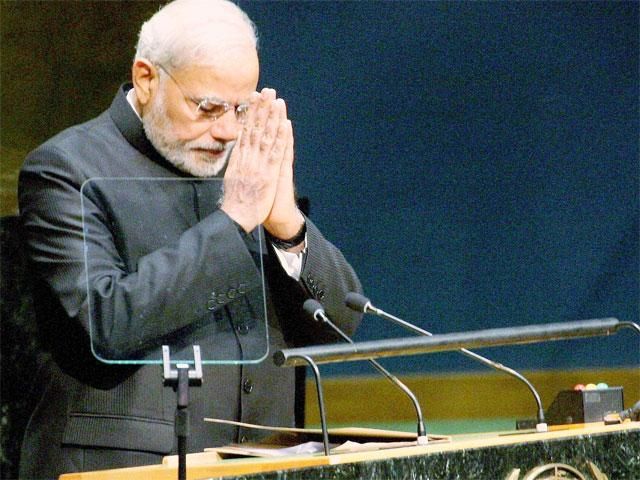Analyzing Pakistan's
Struggles in the Psychological Warfare against India
Introduction:
In the realm of international relations, conflicts between
nations often extend beyond physical battles on the ground. Psychological
warfare, also known as psywar, has emerged as a potent tactic employed by
countries to gain a strategic advantage. The long-standing rivalry between
India and Pakistan has witnessed this psychological battle play out on various
fronts. However, in recent times, Pakistan seems to be encountering
difficulties in winning the psychological war against India. This blog delves
into the factors contributing to Pakistan's struggles and how it impacts the
dynamics between the two nations. This blog aims to explore some key reasons
why Pakistan may be struggling to gain an upper hand in the psychological war
against India.
Asymmetry in Media
Influence:
One of the primary reasons behind Pakistan's struggle in the
psychological war is the asymmetry in media influence. India possesses a
significantly more extensive and more diverse media landscape, with a considerable
global reach. Indian media outlets, both domestic and international media outlets can effectively shape narratives and perceptions. In contrast,
Pakistan's media influence is relatively limited, and its narrative often finds
less resonance in the international community. This imbalance makes it
challenging for Pakistan to control the narrative on key issues, leading to a
disadvantage in the psychological battle.
Terrorism and
Perceptions:
Pakistan's history has been marred by allegations of
supporting and harboring terrorist organizations. These allegations have
damaged the nation's image globally, creating a perception that Pakistan is a
breeding ground for extremism. India has capitalized on this narrative to
highlight Pakistan's role in fostering regional instability, making it
difficult for Pakistan to gain sympathy or support in the psychological war.
Countering this perception requires a concerted effort from Pakistan to address
terrorism and demonstrate a commitment to peace and stability.
Nuclear
Saber-Rattling:
Both India and Pakistan are nuclear-armed nations, and this
factor adds an additional layer of complexity to their conflict. In the
psychological war, Pakistan has, at times, resorted to nuclear saber-rattling,
issuing threats, or making statements to assert its strength. However, such
actions can backfire, leading to international concern and portraying Pakistan
as a more unpredictable and unstable regional player. India, on the other
hand, has maintained a more restrained and measured approach, projecting itself
as a responsible nuclear power.
International
Diplomacy:
India has been relatively successful in engaging with the
international community to garner support for its stance on various issues,
including matters related to Pakistan. Pakistan's diplomatic efforts have faced
challenges, with some countries expressing concerns about its internal affairs
and its involvement in regional conflicts. As a result, India has been able to
shape international opinion more favorably, leaving Pakistan at a disadvantage
in the psychological battle.
Internal Challenges:
Internal challenges within Pakistan, such as political
instability, economic issues, and societal divisions, also affect its ability
to fight the psychological war effectively. A united front is crucial in
projecting a strong and consistent image, but internal divisions and governance
challenges can undermine Pakistan's efforts to present a cohesive narrative to
the world.
Outcome:
The psychological war between India and Pakistan is a
complex and multi-faceted struggle, influenced by media prowess, perceptions,
nuclear dynamics, international diplomacy, and internal factors. As it stands,
Pakistan faces an uphill battle in this arena, struggling to counter India's
influence and shape the narrative in its favor. To bridge this gap, Pakistan
must address its internal challenges, adopt a more responsible and consistent
approach in international relations, and work towards building a positive and
credible image on the global stage. Only through these efforts can Pakistan
hope to level the playing field and effectively engage in the psychological war
against India.











0 Comments